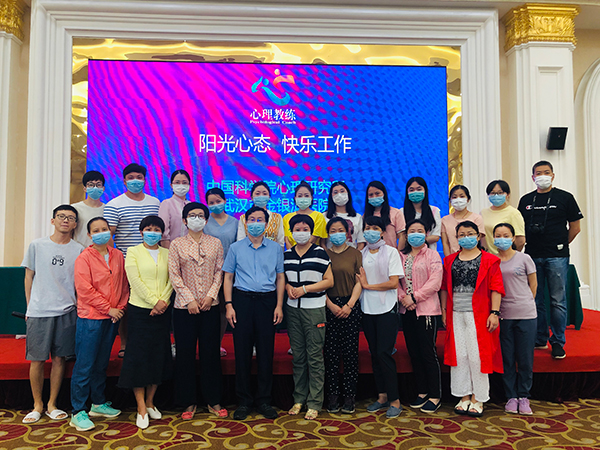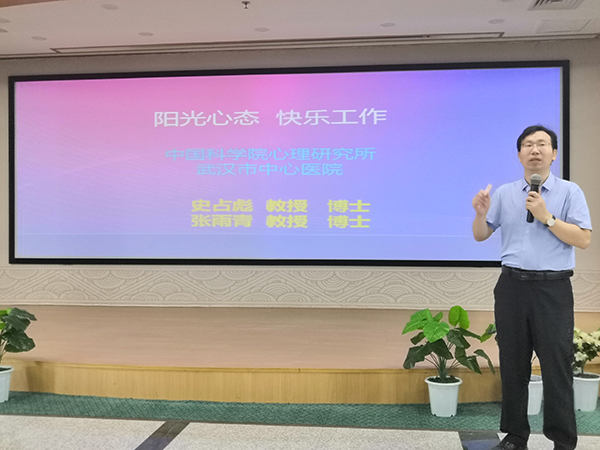The hidden cost of COVID-19


It has been a year since Zhang Xiangyang, a frontline doctor in Wuhan, Hubei province, tested positive for COVID-19.She returned to work after recovery, but Zhang has found that "back to normal psychologically" is not as easy or the same as being physically capable of work.
"People kept a distance when talking to me. Once I encountered a colleague while walking upstairs, she seemed to freak out. She turned around and walked away immediately. I understood their concerns, but these occasions made me uncomfortable," she says.
Without telling anyone, Zhang pretended that everything was OK and kept herself busy with her patients. She had an emotional episode on May 20, when she heard that a man in his 50s tried to drink pesticide to commit suicide, because he couldn't face the lingering stigma after developing the disease.
The doctor telephoned Shi Zhanbiao, a psychologist from the Institute of Psychology at the Chinese Academy of Sciences, about the case, and when Shi asked how she felt, she burst into tears.
"Having been through all the fears, uncertainties and difficulties since the outbreak, it was the first time I felt that someone cared about me," Zhang says. Virus-related discrimination and stigma has always been there, which brings more pain than the virus, she adds.

Shi is in charge of a mental health support program targeting infected medical workers and their families. Launched in May, it aims to provide free and consistent emotional support to the group for a year. Initiated by internet company ByteDance, the program was jointly established by the Institute of Psychology of the Chinese Academy of Sciences and Chinese Psychological Society.
In hospitals around Wuhan, once the hardest-hit city in China, doctors, nurses and other healthcare workers like Zhang have fought valiantly against the coronavirus, which has taken a mental toll on many of those who survived it.
Data from the National Health Commission showed that by Feb 11 last year, there were a total of 1,716 confirmed COVID-19 cases among medical professionals across the country.
As of Jan 25, the program has provided 304 occasions of one-to-one mental health counseling to 225 infected doctors and nurses, according to ByteDance.
"For some medical workers, it may take one or two years to really get over the mental trauma caused by the pandemic," Shi says, adding that his team will keep tracking the high risk group until people return to normal life.



































